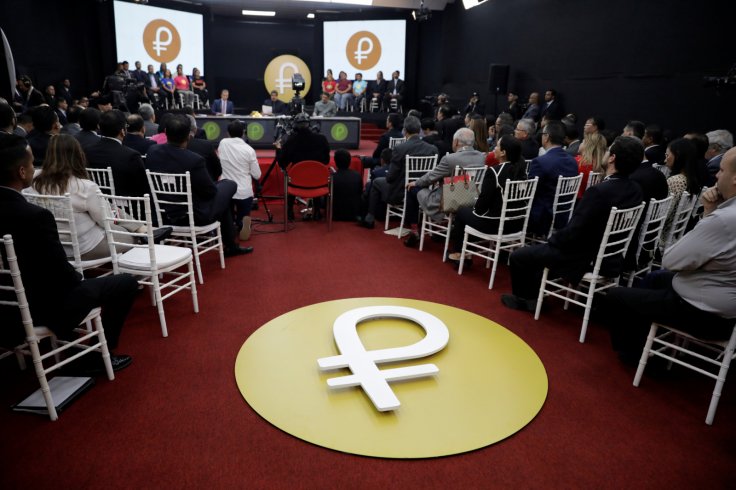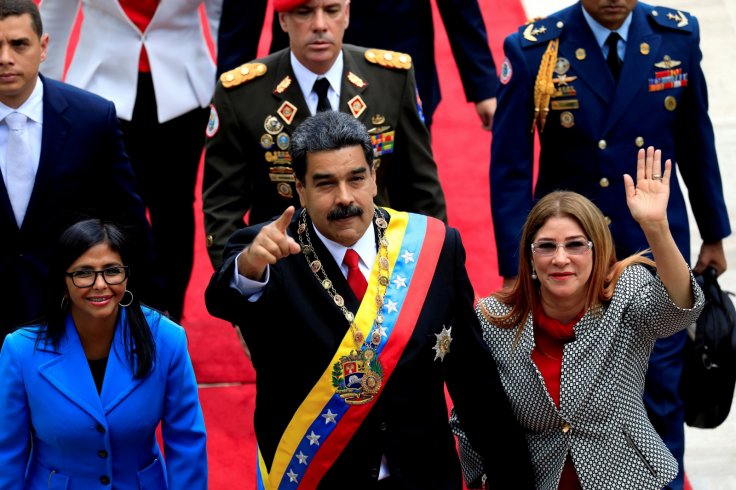
The Venezuelan government has been trying to revive interest in Petro for the past few months by talking about crypto payments for the everyday lives of the country's citizens. President Nicolás Maduro himself has just played the role of commercial to sell various crypto-related companies, including Trezor.
President Nicolás Maduro presented at length various services of cryptocurrency companies during a broadcast of Venezuelan Television Corporation (VTV) on 6 November 2019. This report of more than an hour is available in full on the official Facebook account of the Venezuelan leader.
In this excerpt from Nicolás Maduro's "Working Day for the Promotion and Strengthening of Petro", a well-known crypto sphere company was given a presidential promotion of one of its products, the Trezor hardware wallet.
As per the local Venezuelan media Venepress, president Nicolás Maduro will provide half a Petro to civil servants and pensioners in the country. "I will give a month's bonus to retirees and all public employees, I will give them half a Petro for their [Christmas] purchases scheduled for December," Venepress reported.
The Petro currently stands at 1.8 million Venezuelan bolívars (VES), half would be equivalent to a bonus of €27 according to the official converter of the Central Bank of Venezuela – the average monthly salary is around €22 in the country.

On the official cryptocurrency explorer, although the new blocks fall every 5 minutes, they involve little more than a few transactions – around 3 on average on the blocks observed during the writing of this article. By comparison, Bitcoin (BTC) would be it rather in an average of 2000 transactions between these blocks, spaced 10 minutes apart.
All the more so since, beyond this curious announcement, President Maduro did not hesitate to declare recently that he did not find the use of the US dollar in the country is such a bad thing, as per Reuters:
"(...) this process they call "dollarization", (...) if it can contribute to the country's recovery and to the improvement of its productive forces and the economy... So let us thank God that he exists"
A rather unusual situation, so fragile and hyperinflation-stricken country governments rarely see the replacement of their sovereign currency devalued by a strong dollar as a good thing.
It should be noted the local crypto context is recently animated, at least in words. While Nicolás Maduro recently played the VRP for the use of cryptos by roaming television with a Trezor wallet, he also announced the country's upcoming opening to cryptocurrency payments. However, the exact details of this opening have remained unclear for the moment.









